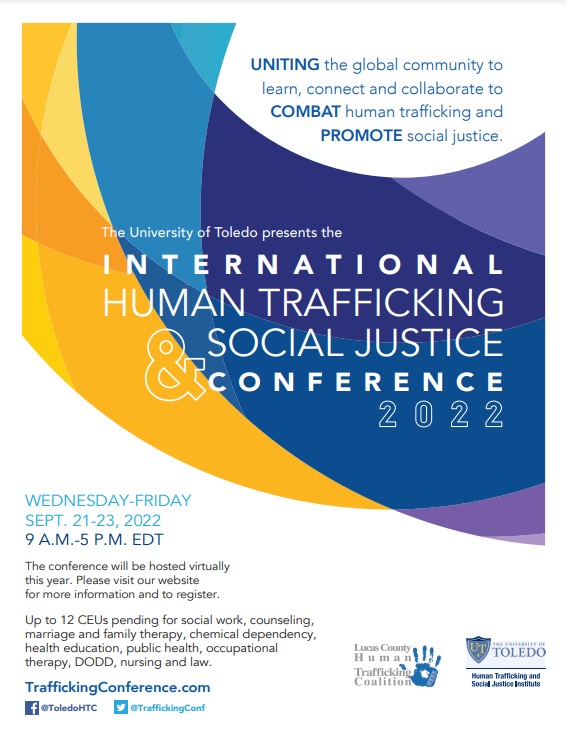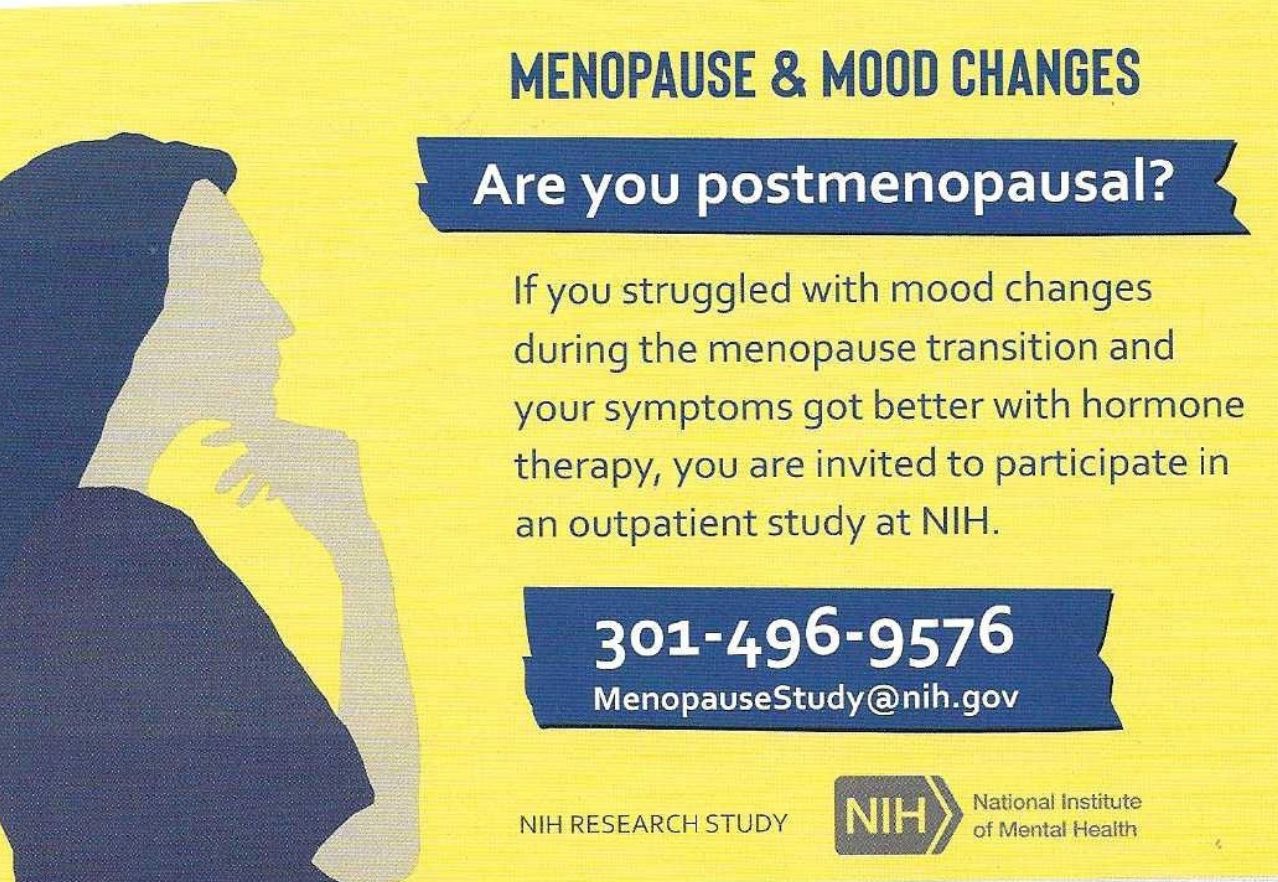How Grief Made Me
 Along time ago, I didn’t have the patience to sit and watch birds. I was a busy self-employed mother of two little girls. I had painfully specific goals that I wanted to achieve.
Along time ago, I didn’t have the patience to sit and watch birds. I was a busy self-employed mother of two little girls. I had painfully specific goals that I wanted to achieve.
I recall (hazily and from a distance) the constant sense of urgency and frustration, the touch of desperation, the need for respite, and the willingness to give every ounce of free time to that former version of myself. Maybe I was trying to create the perfect life — and future — for my girls and me. Maybe I thought focusing on a distant horizon, on a nebulous prize won on some far-off day, made me a wise mother, a good mother. An all-knowing, all-sacrificing, everything’s-going-to-be-okay mother.
I thought I could keep them safe and happy if I stuck to a schedule. The changing seasons were a race — one to the next to the next. I focused on the have-to-dos and forgot-to-dos and too-much-to-dos. The miracle of an unremarkable life was lost to me in my eagerness to keep the gears of my schedule turning. I squandered the gift of normalcy with perpetual distraction. It was a stressful and relentless and wonderful time.
Life had meaning because life made sense. Life made sense because life had meaning. The old me would’ve explained it better, but the old me is gone.
…
When my daughter died, I fell off the edge of the world. I became the look-away, don’t-meet-her-eyes, so-sorry-for-your-loss, I-can’
I don’t want to be this person. It wasn’t part of the plan. I want my daughter to be alive. Obviously. But I don’t want to be my former (clueless) self either. I was asleep in that old life, dreaming a fiction I’d created for myself. It was a dream I relied on until it failed me.
I wish I hadn’t worried so much. I wish I’d watched the birds with the girls when they were little, noticed them each season, sat with them without expectations or assumptions. I wish I hadn’t turned the pages of the calendar recklessly, as if there would always be another page to turn. I wish I’d appreciated every drop of every day.
Grief unmade me then remade me. Grief keeps remaking me.
Wishful thinking is a different kind of dream. I don’t want to go down that path either.
Losing your child is one thing. Accepting she’s gone is quite another. I’m still grappling with linear time, still marveling that I am waking up in the morning and she is not. It’s been four years.
Four years.
I am much older than I was when she died on that cold, colorless day in March. Now, I am on my own.
…
Sometimes it feels like I’m disappearing. The feeling is strongest when I yearn for the past. Then I realize that it’s not now-me that’s fading, it’s past-me, the mother from the dream.
These days it’s easier to let past-me go, though I still feel the old jealousy, the pull of yearning for that underappreciated life. I still feel a deep longing to change the ending.
Is there meaning in the identity we create for ourselves? Before she got sick (before the disaster, the tragedy, the tipping point), I assumed that I was fully realized. I was the product of a decade of careful construction—a mother who was busy, oblivious, eager for the promise of my preassembled dreams. If that mother could vanish in the span of four short years, then how do I know what’s real about myself right now?
Grief is real. The new snow covering the boot prints I made in the yard is real. The fat dove perched on the tray feeder is real. The gray hairs are real. My little dog curled up on the beanbag chair is real (until he disappears too).
I was powerless to save her. That, too, is real. I could not have changed the ending.
I’ve wandered the landscape of grief long enough to understand that no one gets to change the ending. I’m comfortable here. I’m not scared of this place. I’m not lost anymore. This is home.
…
There are some good things about this new person I’ve become. I don’t mind the impermanence of dreams. I know how easily I can be made, then unmade. Being unmade is somehow freeing. Past-me was wrong about everything.
I am still a mother.
Grief unmade me then remade me. Grief keeps remaking me. I am free to transform my understanding of myself in any way I please.
When grief is a place, it’s a landscape of meandering paths, sometimes deserted, sometimes crowded, always swarming with birds.
When grief is a person, she looks like me. Now you see me, now you don’t.
Down here in the subterranean caverns where lost parents dwell, I’ve learned how to let light back in.
The grief people who live in the grief place spiral round and round, never touching, sometimes walking side by side, carefully avoiding the deepest pit, the one with sheer walls. It’s separate from all the other valleys and precipices in this place of being unmade.
And, of course, that’s where I landed, in the deepest chasm of grief. You can’t climb out, but there are many ways through it. I accept that I won’t be returning to the old dream of myself. There is no path that spirals up and out, back to the life I understood.
It’s not the end. Down here in the subterranean caverns where lost parents dwell, I’ve learned how to let light back in. I’ve learned not to count on permanence, not even here. Landscapes change. People change.
…
It has been four years since my daughter died, and I am learning to accept the person that grief made me.
I will always watch the birds, everywhere, all the time. The red-winged blackbirds swarm my feeders. They startle easily, taking flight in one graceful motion and veering into the canopies of the surrounding conifers. The cardinals form small flocks of 10 or 12 birds, spots of red on the midwinter gray. The juncos and sparrows and finches scatter in the snow, looking like bits of bark or ash or paper. They make the most noise.
The birds are part of this new life. They light the way forward.
Now I have time to sit and watch a family of crows mob a hawk, chasing it from its perch. Now I take photos of hummingbirds in spring and summer. Now I stand perfectly still, waiting for the white-throated sparrows to sing.
Now I don’t need the chores or the seasons or the calendar to prove to me that I am a mother — or that I am anything at all. Now I am, and always will be, the person that grief made me.
By
Jacqueline Dooley






